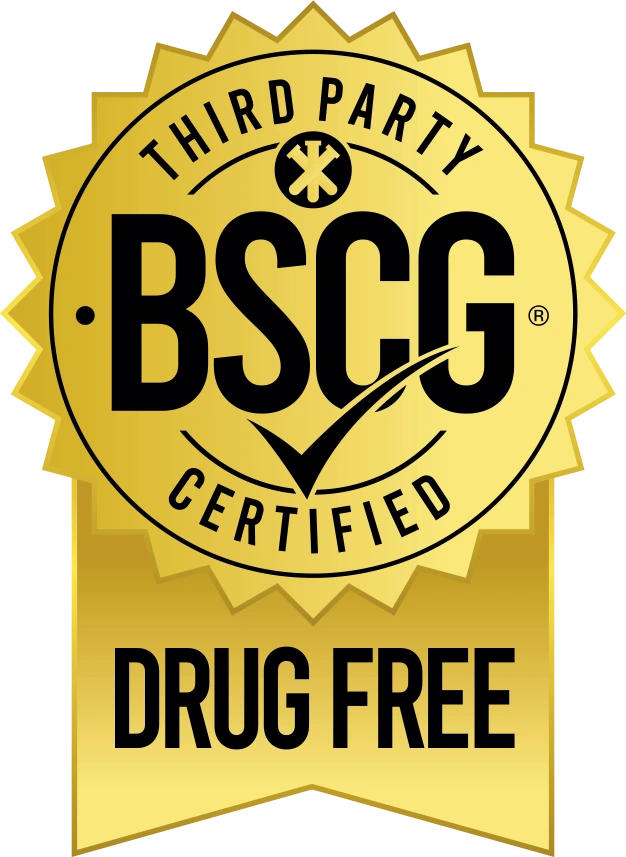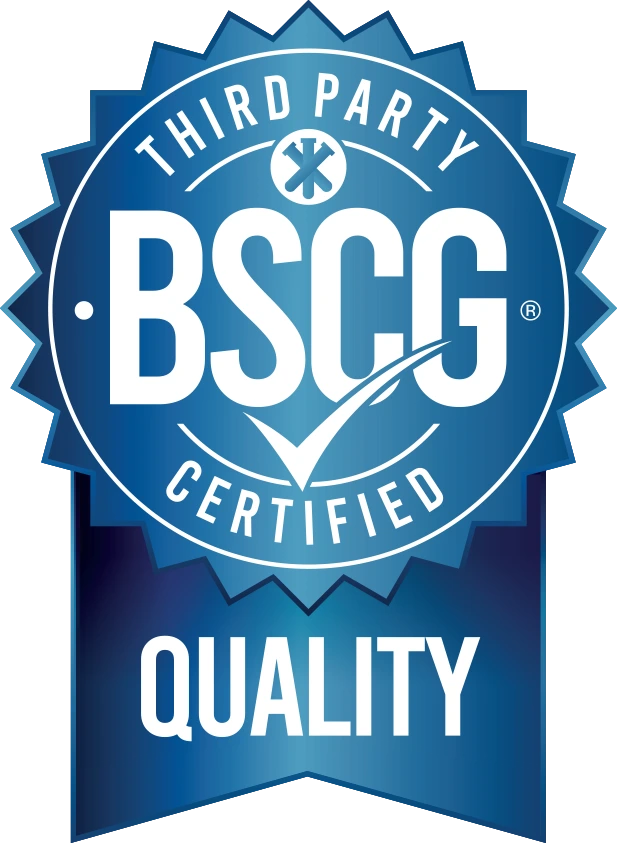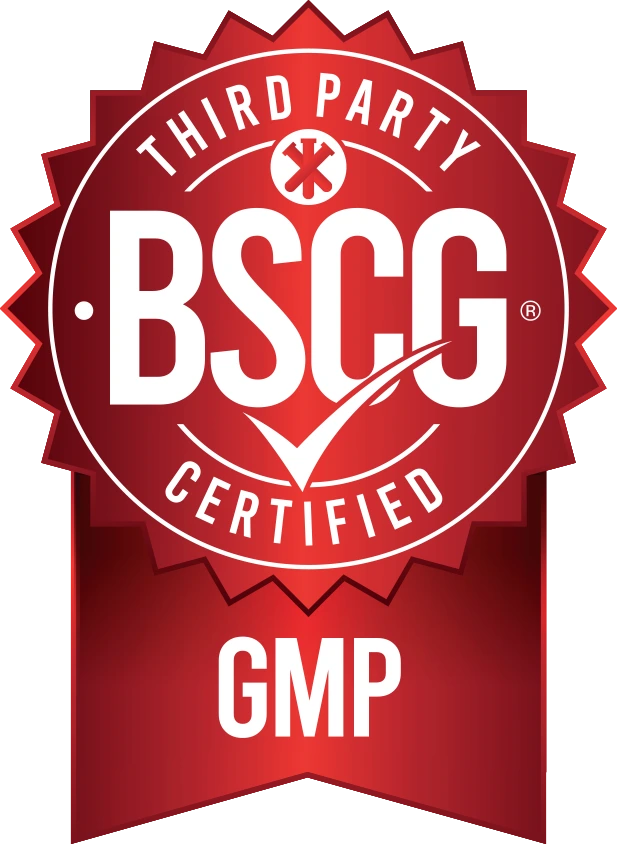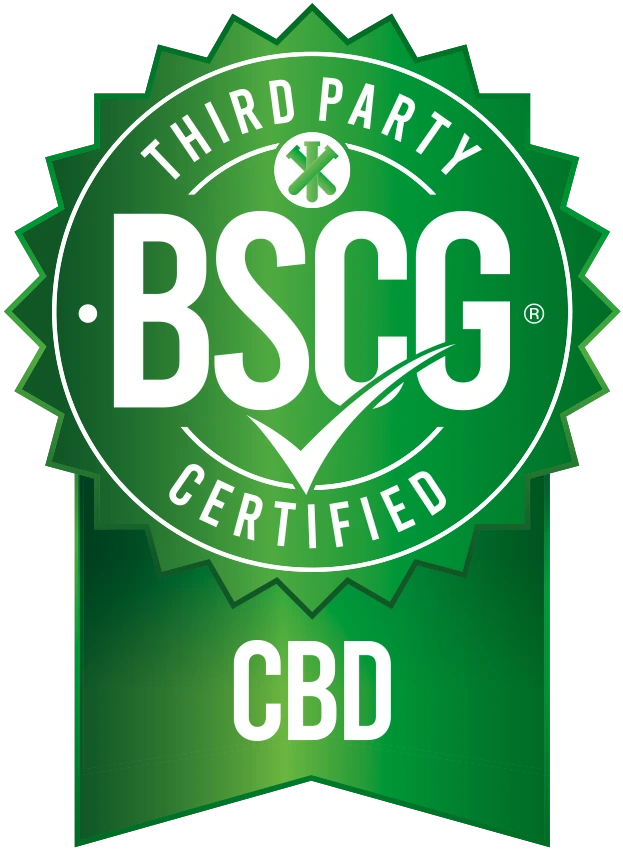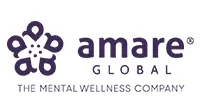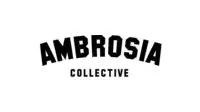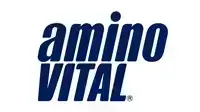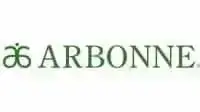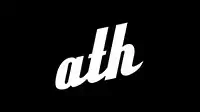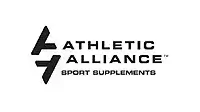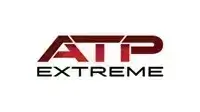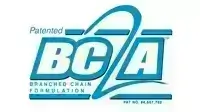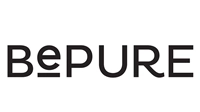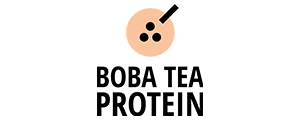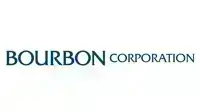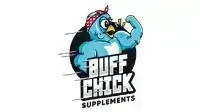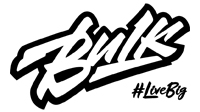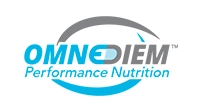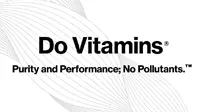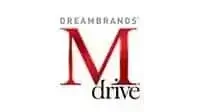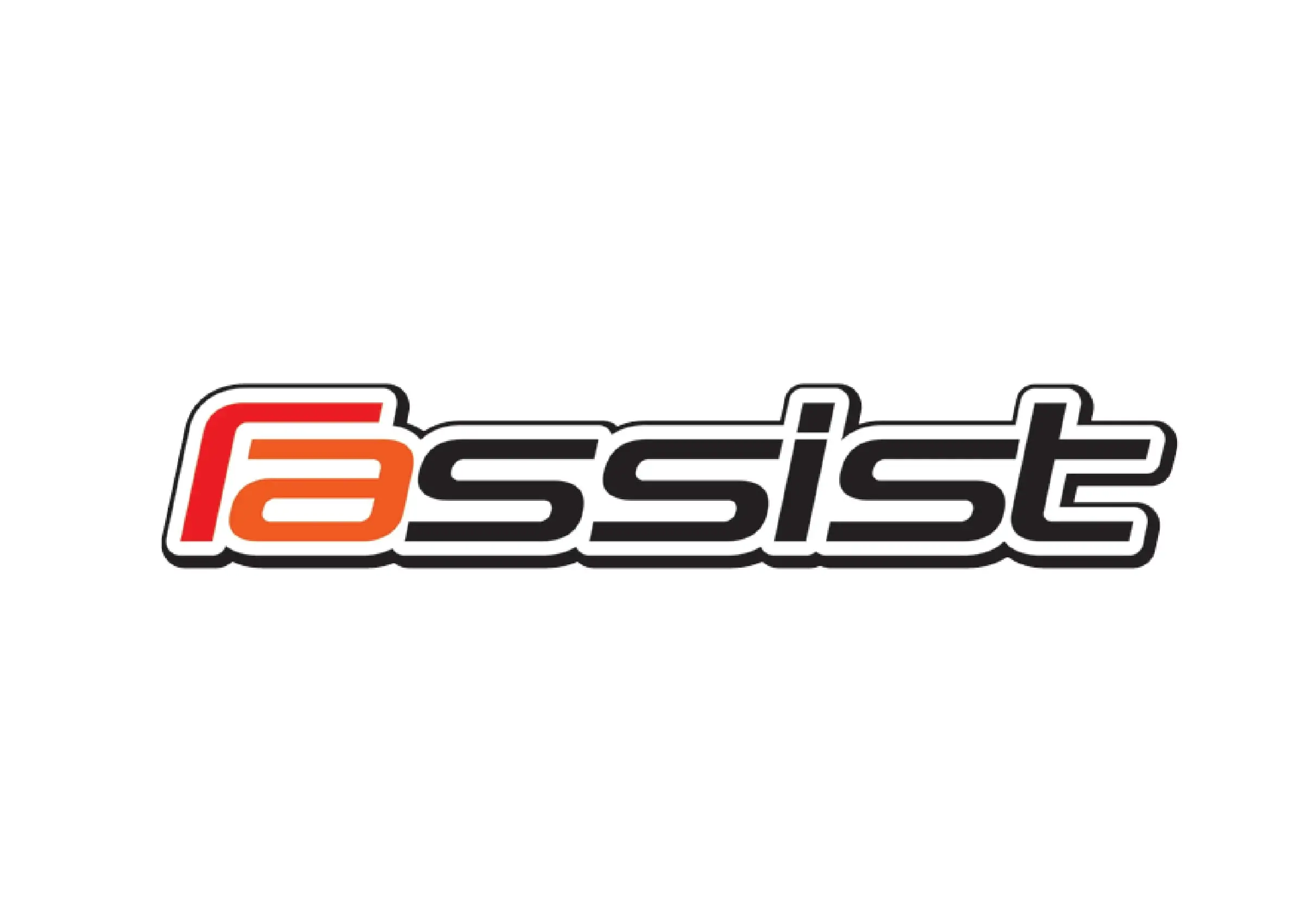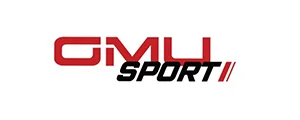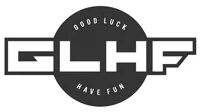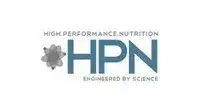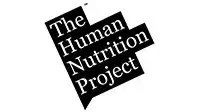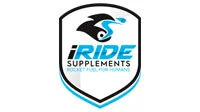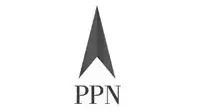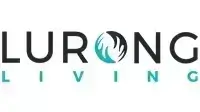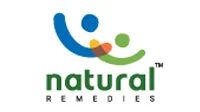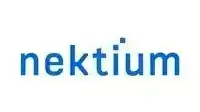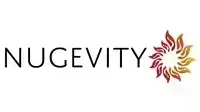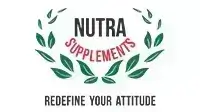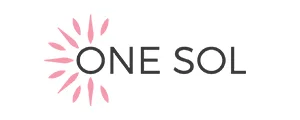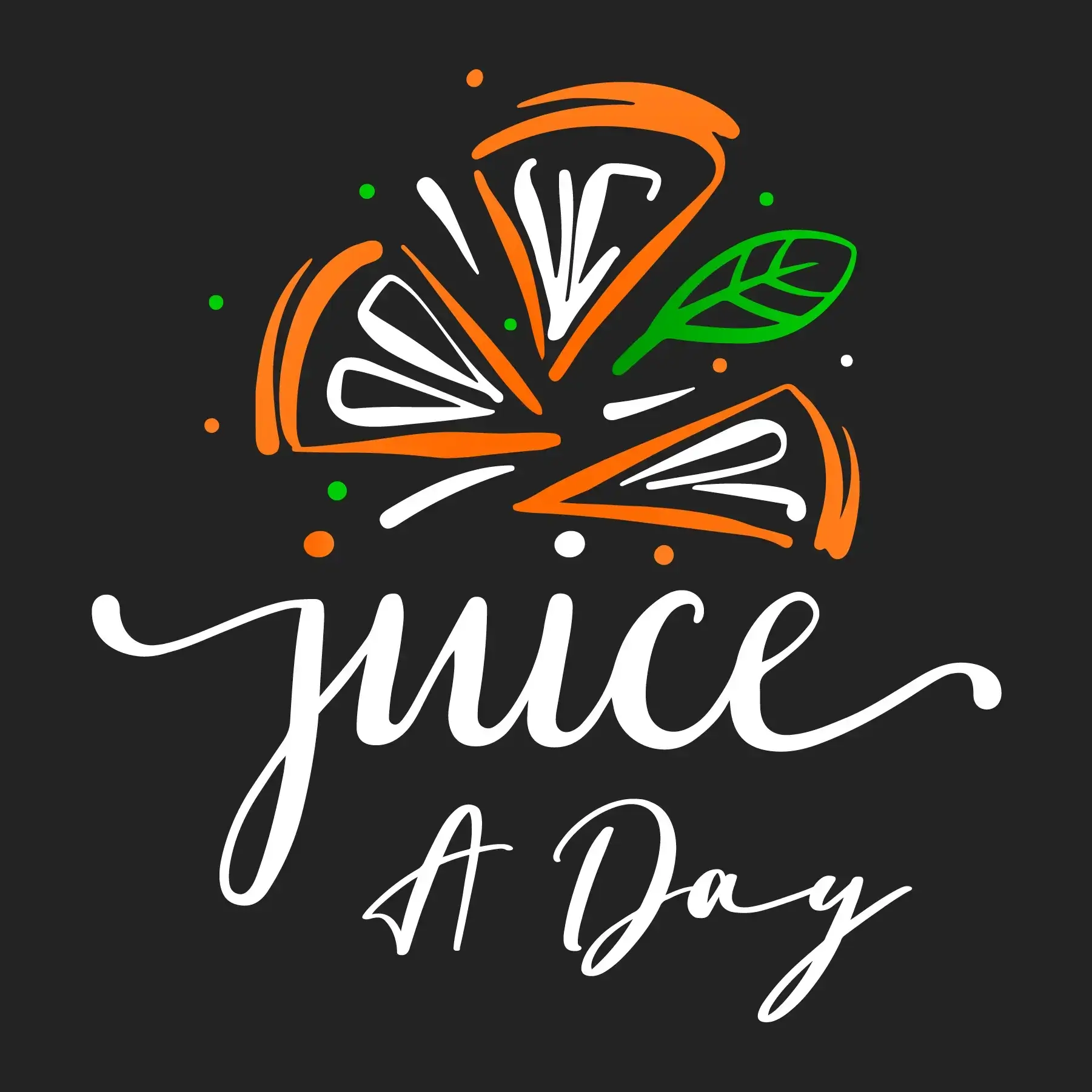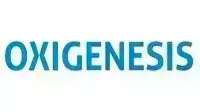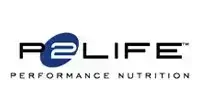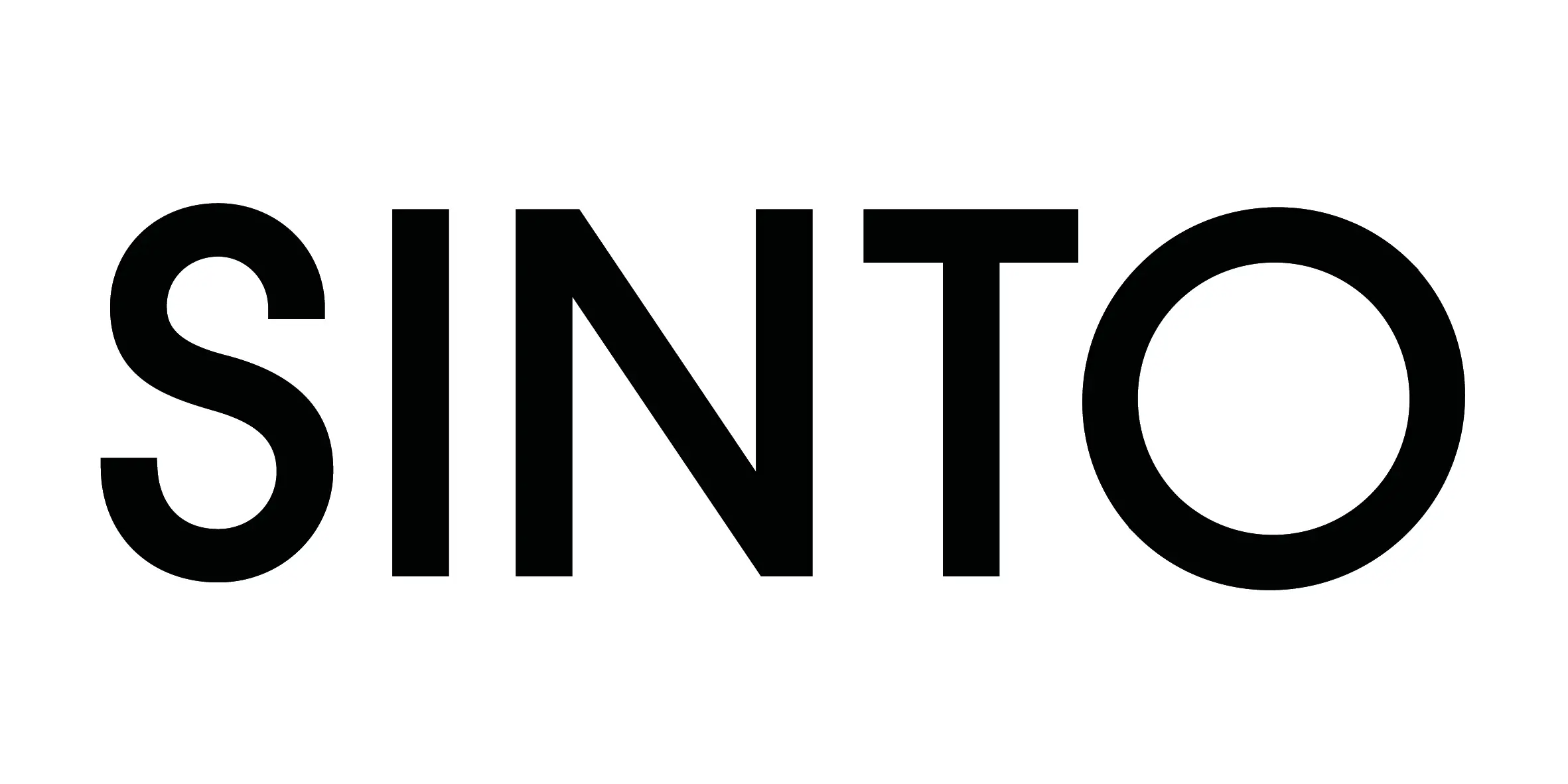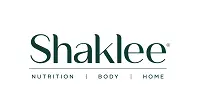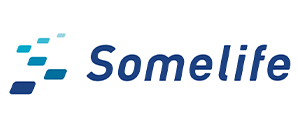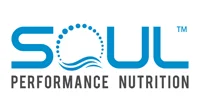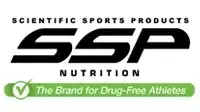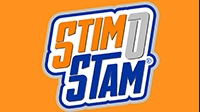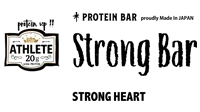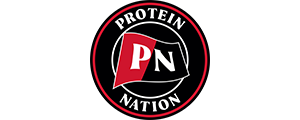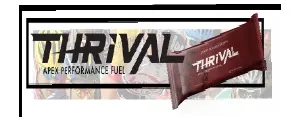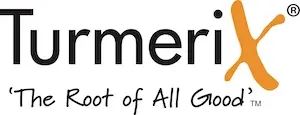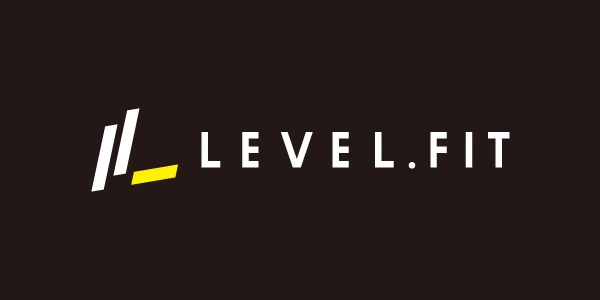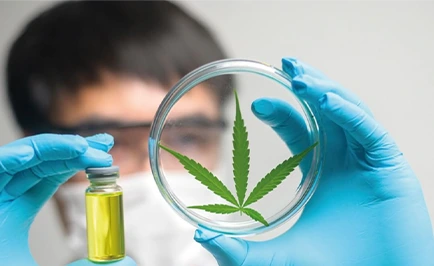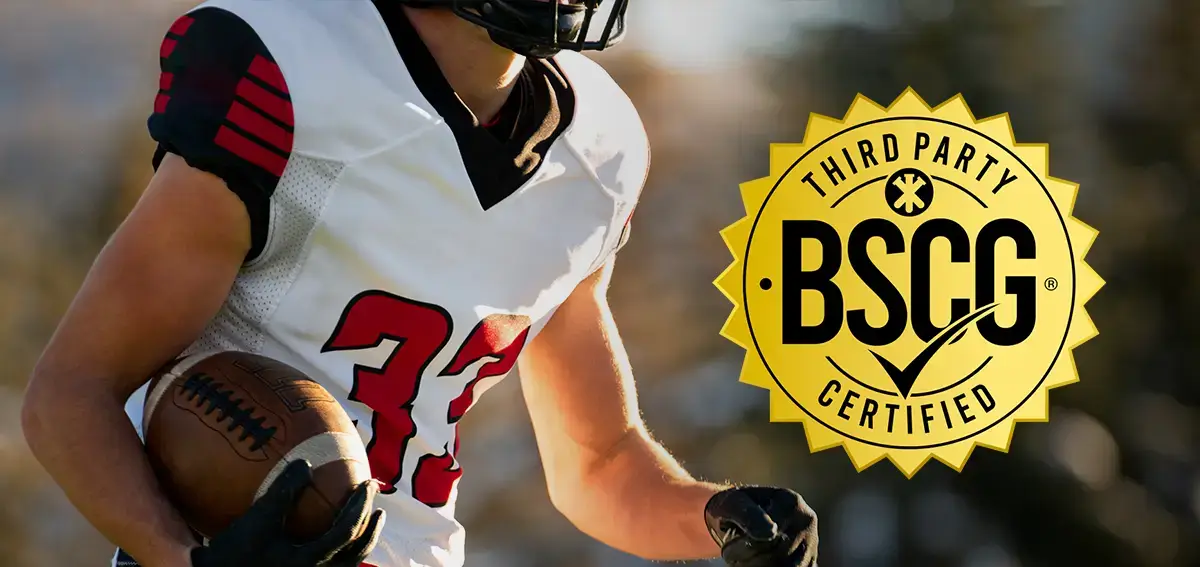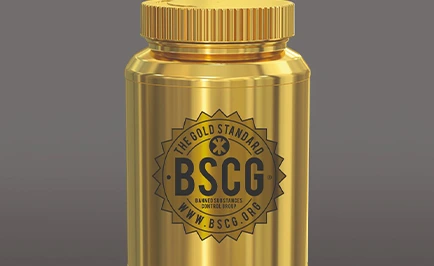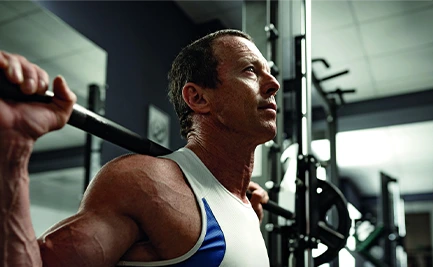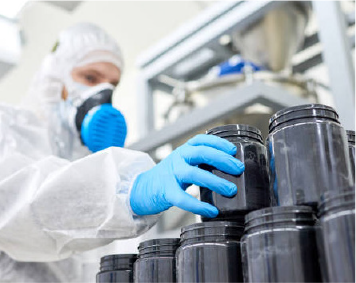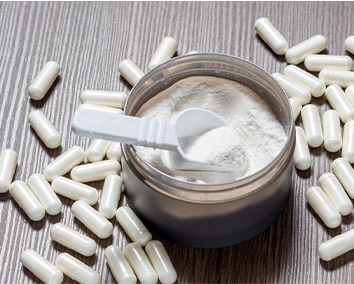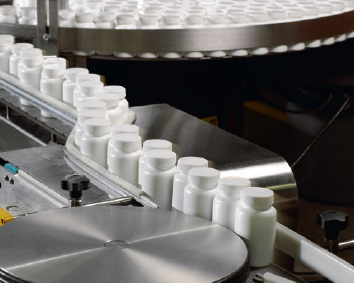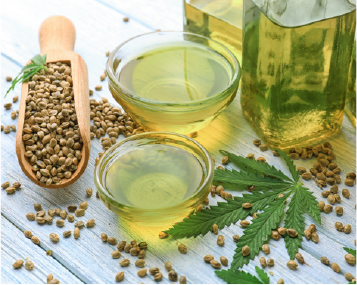NCAA Stops Testing for Cannabis Opening NIL door to CBD Products
Nov 15, 2024
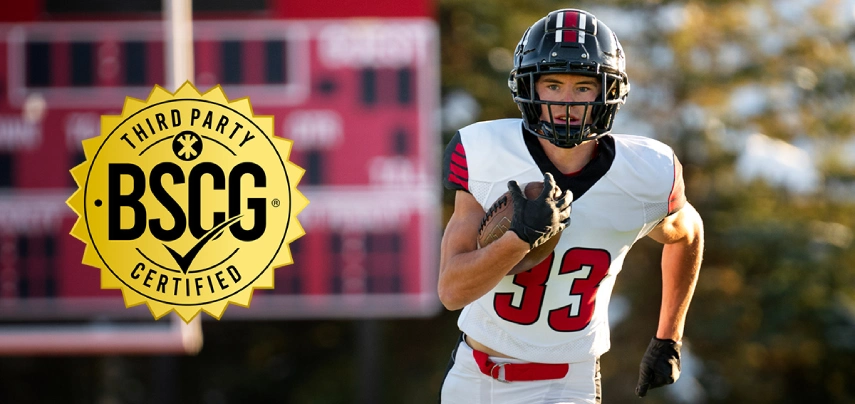
NCAA Stops Testing for Cannabis Opening NIL door to CBD Products
The NCAA has gone, well, a little greener with the release of the 2024-25 NCAA banned substance list. Cannabis, and along with it THC and CBD, have been from NCAA drug testing opening the Name, Image, and Likeness (NIL) door to CBD products for the first time. The NCAA’s decision to remove cannabis from its
banned substances list is a big shift for college sports. Gone are the days when the war on drugs and cannabis extended into college sports. Instead, the NCAA has shifted their focus from punishment to health and harm reduction. For years under the punitive model, the NCAA lumped cannabis in with performance-enhancing drugs such as steroids and stimulants. This also included CBD, the non-psychoactive chemical prominent in the hemp form of cannabis. With the evolving cannabis legislation, times are changing, and so has the conversation around cannabis in college sports. The NCAA seems to have recognized cannabis doesn’t enhance athletic performance the way other banned substances do, so there’s no reason to treat it the same way.
Grey Area Guidelines
While testing for cannabis and THC is no longer part of NCAA testing, it may remain part of testing programs in different conferences, states, or schools as they make their own decisions about how to manage cannabis going forward. This may create some grey areas still in the future. A school can still choose to test for cannabis based on their own terms if they’re in a state where cannabis is illegal. So, while the latest policy is not as cut and dry as the previous one that was an outright ban, NCAA athletes will now have to pay attention to cannabis regulations at the local level and abide by whatever policies an individual institution puts in
its rule book. While specifics on CBD products have yet to be clarified this new policy would appear to open the door to the ever growing CBD product industry. Unfortunately, the FDA has yet to properly categorize or regulate CBD products so many are subject to questionable quality control and may contain hidden banned substances, mirroring the banned substance concerns facing traditional dietary supplements
The Green Scene in College Athletics
How many student-athletes use cannabis, or specifically marijuana? In 2018, the NCAA did a survey of 23,000 student-athletes and found that marijuana use among student athletes by inhalation and ingestion was around 25%. Inhaled use of marijuana from 2013 to 2017 increased by 2% from 22% to 24%. Edible forms of marijuana were used by 11% of student athletes. More student athletes are using cannabis-related products than ever. Use was even higher among the general population with marijuana use at around 33%.While CBD use was not surveyed, it is clear that student athletes are embracing CBD. This reality heightens the need for the FDA to finally address the regulations of CBD products and supplements on the national level. In the meantime, the BSCG Certified CBD third-party certification program can help athletes, and general consumers, verify the product quality meets expectations and are free of banned substances in sport or other drug contaminants.
Third-Party Certification Helps Ensure Safety and Quality of CBD for Athletes
The NCAA seems to be stepping back from cannabis testing in some areas. However, this approach opens the door for more athletes to explore the benefits of using the different types of CBD products to sleep better, manage anxiety, and get pain relief. This is especially true when you consider some research found taking CBD and THC together can be more potent at reducing pain. If you’re a drug-tested athlete or a manufacturer wanting to reach a bigger market, transparency and quality assurance is critical. A rigorous third-party testing program like the BSCG Certified CBD program is vital to let people know that products are compliant with applicable laws, meet CBD label claims, are free from THC, environmental contaminants or banned substances in sport. This certification gives athletes the peace of mind they need to use CBD and minimize the risk of banned substance contamination. For athletes who are drug-tested and want to incorporate CBD into their training or recovery routines, this type of certification gives the level of assurance that typical CBD products simply don’t offer. BSCG’s Certified CBD program allows athletes to focus on the game while we focus on ensuring the integrity and quality of the CBD products.
What This Means for the Future of College Sports
As the NCAA moves forward with the cannabis ban in the rearview student athletes must be cautious as they continue to embrace this new category of products. They must realize the lack of regulations and the quality control concerns they may be exposed to with CBD products. Looking for third-party certification is the foundational rock athletes and CBD supplement manufacturers can rely on to ensure product quality and protect against the risk of banned substance contamination. The move away from punishment toward harm reduction seems to be a more compassionate approach to student-athlete health. The new NCAA approach to cannabis is a far cry from the iron-fisted, no-tolerance policies that once defined them. With the support of third-party certification and testing organizations like BSCG, student athletes can live in a future where they can now use, or have their NIL represent, CBD products but need to ensure they meet compliance and quality expectations and are free of banned substances as they do with all dietary supplements.



